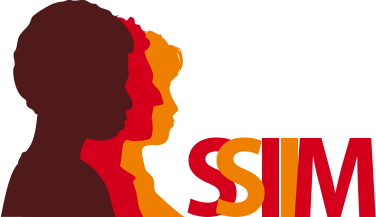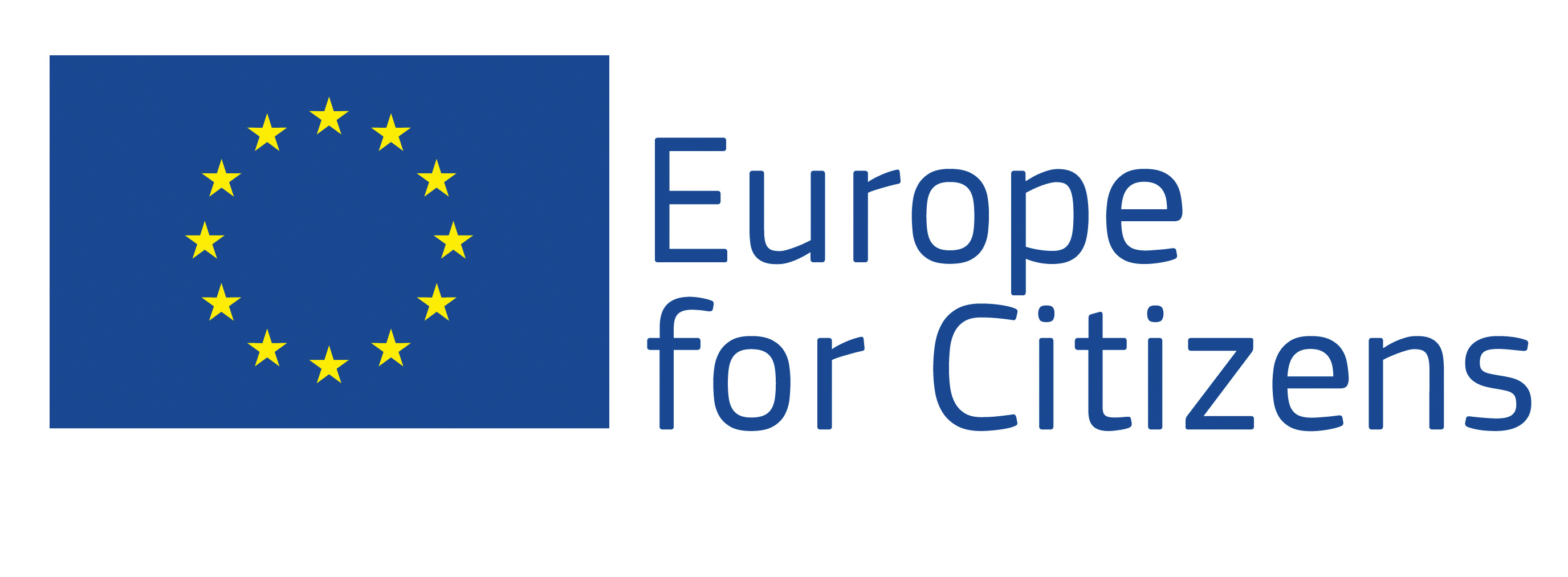Local paths were conceived to experiment strategies and techniques of active participation in deprived neighbourhoods, being constantly backed by the knowledge exchange envisaged by the Project. Participatory methodologies were used to engage directly with the communities and work on implementing a ‘live’ revitalization pathway that emerge in target deprived neighbourhoods.
PROGRAMME OF LOCAL PATHS:
Local path phase 1: all partner cities familiarise with migration issues at local level
Local activities, all partner countries
Content:
Through the organisation of local activities, partners will implement their role of “multipliers” at the local level. Thanks to the information and techniques acquired in the first international event, local partners are expected to collect the following information by performing territorial analysis:
- immigration and refugees situation in targeted areas
- main local problems/challenges regarding the living in intercultural settings
- main forms of discrimination/social exclusion
Expected results:
- Citizens in partner countries are aware about new boundaries, hampering integration and mutual understanding in cities
- Conflicting areas in partner cities are identified and managed
- Resources of the community are “collected” and used to promote active citizenship and intercultural dialogue
- Forms of discrimination and social exclusion are recognized to promote mutual understanding and prevent radicalised behaviour at city level
Local path phase 2: all partners elaborate pilot project ideas for intercultural dialogue in deprived and conflicting areas in cities
Local activities, all partner countries
Content:
Thanks to the training acquired, partners will develop a pilot project idea to be implemented at local level in targeted areas. A citizens’ consultation will be organised in each city to discuss and design the pilot project. Different participatory tools previously acquired will be used according to local priorities. Pilot projects are dedicated to reduce stigmatisation, promote intercultural dialogue among diversities, and prevent radicalisation and euroscepticism at city level.
Expected results:
- Pilot projects at local level are defined trough the promotion of active citizenship processes
- Target areas are taken into account by local authorities that develop pilot projects to promote intercultural dialogue and mutual understanding
- In each city, local communities become active in promoting the social cohesion of local communities in most fragile city areas
- In targeted areas, radicalisation behaviour and euroscepticism are prevented trough the definition of community based activities
Local path phase 3: updated pilot projects in each partner city
Local activities, all partner countries
Content:
In each partner city, pilot projects are updated thanks to the suggestions collected during the second international event. Then, pilot projects are implemented to overcome stereotypes about immigrants by deconstructing past and present processes of stigmatisation; pilot projects will be able to build counter narratives, hampering integration and mutual understanding in targeted areas. Pilot projects in marginal areas of the city will exemplify a way to work against xenophobia and intolerance.
Expected results:
- Citizens at local level understand the kind of resources to invest to build an intercultural European space
- Techniques understood during the international events are put into practice at local level
- Active citizenship is promoted in real scenarios
- Pilot projects to promote intercultural dialogue and mutual understanding in diversity are realized at local level
- Knowledge is exchanged and understanding on common challenges among partners fostered
OUTCOMES OF LOCAL PATHS:
To learn about the activities carried ot at the local level, please visit URGENT PROJECT Website


